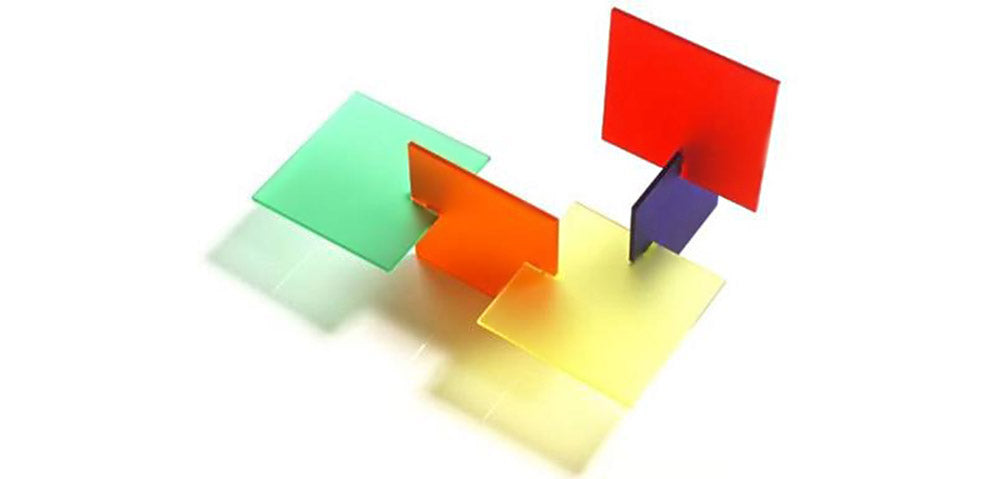 This Kitronik University course is part of the working with materials course, and covers aspects of engraving, finishing, and polishing Perspex.
This Kitronik University course is part of the working with materials course, and covers aspects of engraving, finishing, and polishing Perspex.
Engraving Perspex
Perspex® is easy to engrave using a pantograph, CNC engraving machine or laser cutter/engraver. Mechanical engraving can actually be performed dry but all swarf must be cleared and the cutter head kept cool. Compressed air directed onto the cutter and work piece would be beneficial.
Finishing & Polishing
Cutting Perspex can often leave unsightly cut lines. If a cut line can be seen in the finished product you can process it to leave a very professional finish. For non gloss finishes such as frosted Perspex the best way to do this is by sanding and polishing. Sand the cut line either by hand or with a detail sander, using progressively finer grades of sandpaper until the cut lines are no longer visible. Then switch to wet and dry sandpaper, around 600 grade to start with and then 1200 grade. If you require a better finish than this, then you can use rubbing compound. You can use a polishing mop for this, but should only use moderate speeds and light pressure to avoid overheating. For a final step you can use silver or chrome polish to produce a very polished finish, again either by hand or using a moderate speed polishing mop. For glossier finishes such as opaque Perspex sheets you can flame polish your edge. Start with dry sanding as above if necessary, to remove cut lines. When flame polishing care must be taken not to ignite the surface of the Perspex. Either debur the protective film, or cover it with aluminium, or if necessary remove the film completely. Flame polishing needs to be done in one fairly quick, smooth motion, with the flame a consistent distance from the edge. The torch needs to be hot, such as a MAPP gas torch. Practice on scrap first, as there is a definite technique to flame polishing. Note that flame polishing can produce highly stressed edges. After flame polishing it will be necessary to anneal the work if bonding or surface decoration is applied.

